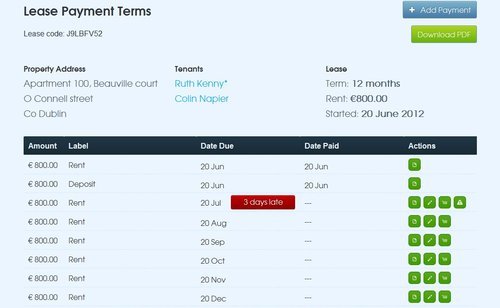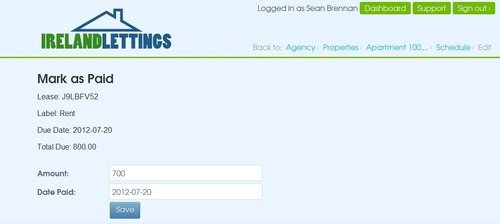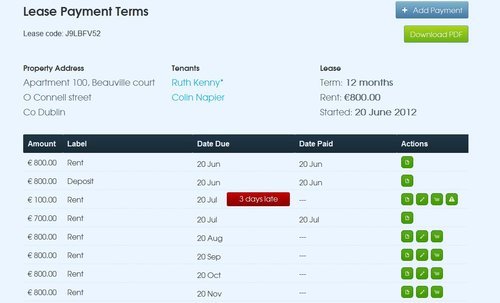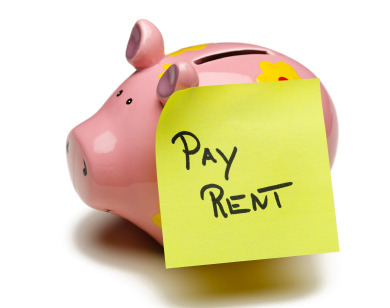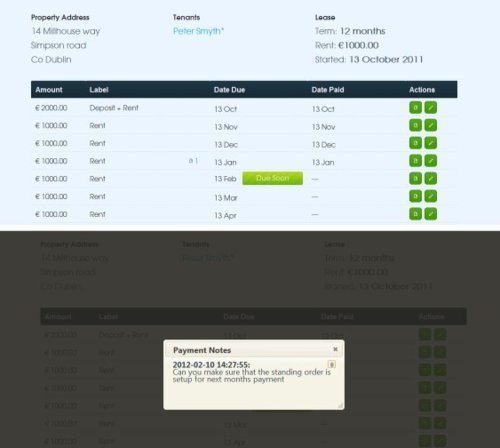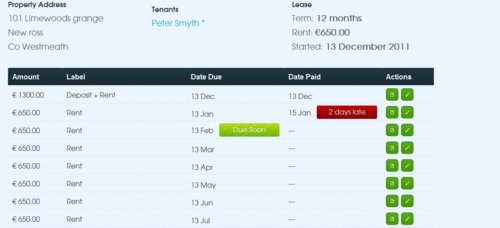Good communication between your Letting Agency, your Landlords and Tenants is a vital tool in keeping your customers happy and retaining them going forward. The office phone will usually start ringing from 9am until 5pm with numerous queries or information from tenants and landlords; where is this month’s rent? Can I have a breakdown of my accounts? There is a problem with my washing machine! The radiator in the main bedroom doesn’t work!
If you manage rental properties you will surely have heard some of these topics or issues arise from landlords and tenants. The problem today is there are too many ways of communicating issues or problems into your office and the information can get lost if you don’t set down some rules or guidelines.
I list below some of the main communication channels used by landlords and tenants when contacting you or your office.
Management of Communication
via Telephone
The trusty telephone is still the number one way landlords and tenants will communicate with letting agents and property managers. If you use this as your main point of contact for your customers, expect to get a deluge of messages come Monday morning on rent and property management issues. Depending on the size of your rental management portfolio you may need to hire a receptionist to take care of the queries coming in.
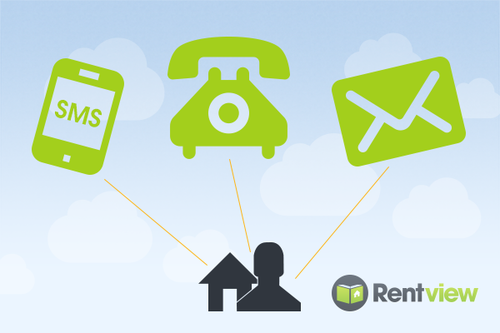
via Email
This is a very popular and a preferred way for some agencies to communicate with customers, especially with landlords who may be in a different time zone. With access to Smartphones, it is easier than ever to communicate with tenants and landlords and you can sync your work email up to your Smartphone easily. The downside is, you may never be off work with emails popping up frequently, and the communications never stop. The main danger here is that if you get an email in the night time, come the start of the next working day, you may have forgotten to act upon it.
via Text
Text message is another way of communication management used and sometimes preferred by your customers. It is usually used in non-urgent situations by tenants looking to rent a property or to alert property managers to issues within the property. Tenants along with potential tenants who have poor oral English will send a text as they tend to be better at writing than speaking over the phone.
via Office
You will still get some landlords and tenants who will call into your office to speak to you as they prefer a more personal approach to all of this (old/new) technology stuff. The good reason for having a nice office is to be able to welcome your landlords and tenants in for a chat. If unavailable, the best approach here would be to log the issues in a diary or leave a message with the designated property manager who will deal with the query if you are not there.
via Social media
Social media platforms such as Facebook and Twitter could be used to communicate with your customers but should probably only be used to promote your brand or notify of an emergency or announcement. This is open for debate and some Letting Agencies may prefer to communicate with people via social media as they can be seen to be proactive at dealing with things.
via distributed messages from different communication channels
Imagine a property manager using his diary to write down a call from a landlord, communicating with a tenant via text or emailing a landlord their invoices. If your agency uses all of the above to communicate with landlords on rent and property management issues it is vital you use a good tool for the management of communication. A good CRM or online diary with a task manager is a vital tool in your armoury because your information could get lost if it is not noted down or logged.
What form of management of communication do you use in your letting agency? We would love to hear and share with other letting agents and property managers what works best for them. Let us know!
by Colin Napper
